A Health Savings Account (HSA) is more than just a way to save for medical expenses—it’s one of the most tax-advantaged accounts available in 2025. Whether you’re looking to reduce your taxable income or save for retirement, an HSA offers several benefits that can maximize your financial health.
In this guide, we’ll cover FIVE key tax benefits of an HSA and tips to make the most of it.
What are the tax advantages of contributing to an HSA?
1. Triple Tax Benefit HSA
One of the most compelling features of an HSA is its triple tax advantage:
- Contributions Are Tax-Deductible: Contributions to an HSA reduce your taxable income, whether made by you or your employer. For 2025, the contribution limits are $4,300 for individuals and $8,550 for families, with an additional $1,000 catch-up contribution for those aged 55 or older.
- Earnings Grow Tax-Free: Interest and investment gains in your HSA grow without being taxed.
- Withdrawals for Qualified Expenses Are Tax-Free: As long as the funds are used for eligible medical expenses, withdrawals are not taxed.
2. HSA Tax Benefits After Age 65
An HSA continues to offer tax advantages even after 65. You can withdraw funds tax-free for medical expenses, and for non-medical needs, you won’t face penalties—just standard income tax. This makes your HSA a smart, tax-efficient tool to support your financial future during the golden years.
3. Lower Tax Liability
By contributing to an HSA, you effectively decrease your taxable income, potentially moving into a lower tax bracket. This benefit is particularly advantageous for high earners seeking to reduce their overall tax burden while strategically saving for any unforeseen health-related expenses.
4. No “Use-It-or-Lose-It” Rule
This is one of our favorite tax benefits of an HSA. Unlike Flexible Spending Accounts (FSAs), HSAs do not have a “use-it-or-lose-it” rule. Funds roll over year to year, allowing you to build a significant tax-advantaged nest egg for those future healthcare costs or retirement. This long-term savings potential enhances the value of contributing to an HSA.
5. Qualified Expenses Are Broadly Defined
You can use HSA funds for a wide range of qualified medical expenses, including:
- Doctor’s visits and hospital stays
- Prescription medications
- Dental and vision care
- Long-term care expenses
- Certain Medicare premiums
FAQs
How does an HSA reduce my taxable income?
HSA contributions offer a valuable tax deduction, directly lowering your taxable income. For instance, as we noted earlier, in 2025, an individual contributing the full $4,300 limit can reduce their taxable income by that exact amount.
What can I use my HSA funds for?
HSA funds can be used for a wide range of qualified medical expenses, including doctor’s visits, prescription medications, dental care, vision care, long-term care, and Medicare premiums. Always check the latest IRS guidelines for a complete list of eligible expenses.
Can I use my HSA for retirement expenses?
Absolutely! Once you reach age 65, your HSA can supplement retirement. Healthcare stays tax-free, and non-medical withdrawals are taxed as income, while avoiding those pesky penalties.
How do I maximize the benefits of my HSA?
To make the most of your HSA, contribute the maximum allowed annually, invest your funds for long-term growth, keep records of qualified expenses, and consider using it for medical and non-medical expenses in retirement that we mentioned earlier.
State Tax Considerations
While HSAs offer federal tax advantages, state tax treatment can vary. Some states, such as California and New Jersey, do not offer state tax deductions for HSA contributions or tax-free earnings. It’s important to consult with a Tax Advisor to understand how your state treats HSA contributions and earnings.
Take Action
Overall, your HSA is more powerful than you think. Not many people understand how an HSA and tax benefits go hand-in-hand, but now…you do, and we encourage you to dive even deeper.
Learn how to unlock the HSA’s full potential for savings, tax breaks, and long-term financial growth with our FREE Tax Guide—don’t miss out on this opportunity to take control of your finances!









